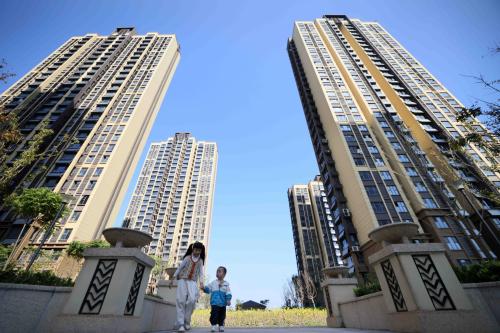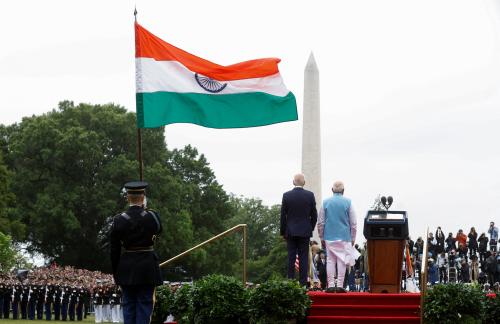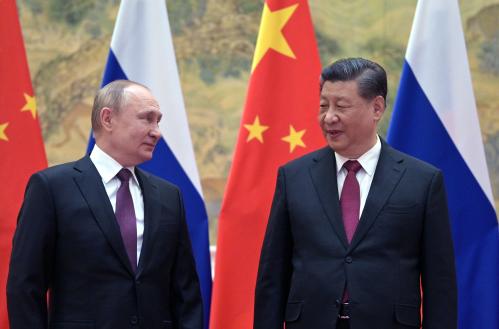My trip took me to Shanghai and Beijing, where I talked with government officials, scholars, and American businessmen. The trip produced insights on three issues: how to handle growing Chinese protectionism; the efficacy of the annual U.S.-China Strategic and Economic Dialogue (S&ED); and the widespread perception in China that the relative power of the United States and China is rapidly shifting in the direction of the latter.
There have been widely reported concerns among American and other businesses in China regarding Beijing’s adoption of various measures that have protectionist potential. These center around everything from Beijing’s efforts to require indigenous technology content for products bought by the country’s national and local governments to regulatory decisions that are putting specific foreign firms at a severe disadvantage. Member firms of AmCham China (in Beijing) and AmCham Shanghai have similar views about the extent of the difficulties they are encountering. U.S.-based multinationals in both places continue to find that their business in general is very good (a reflection of China’s strong growth due to its stimulus program), and share real concerns about the future. But discussions in China revealed significant differences over how best to respond. The (Beijing) AmCham China members feel a tough, relatively confrontational, response is warranted, while AmCham Shanghai member firms feel that there remains a lot of room to work with national and local authorities to improve the situation.
The annual S&ED convened in Beijing on May 24-25. The United States sent a delegation of over 200 officials, which China more than matched on its side. The S&ED was originally intended to be a venue for deep discussion of underlying issues to increase mutual understanding and therefore build greater overall trust and effectiveness into the U.S.-China relationship. This S&ED largely failed to make progress on this core mission for three reasons: the forum convenes only for two days once a year, with little activity in between except for the frantic preparations in the run-up to the annual conclave; the vast number of participants on each side bespeaks more a diffuse array of narrow agendas than deep discussion of a few core issues; and the South Korean report finding that North Korea torpedoed the South’s naval vessel, the Cheonan, dominated the discussion among the highest level officials, thereby substituting “fire fighting” for a focus on deep strategic issues.
I published a column in the China Daily on the opening day of the S&ED (admittedly, largely so that the American delegation members would read it, as this is the only English language publication slipped under their door each morning). The piece recommended that, “Each S&ED should agree on the core agenda for the next year’s meeting and appoint a Cabinet/ministerial level task force to work on that agenda throughout the year and make recommendations to the next Dialogue. This could bring the S&ED far closer to achieving its purpose of addressing critical questions in depth and increasing mutual understanding.” It specifically recommended the development of a “U.S.-China Green Technology Trade and Investment Initiative” for the 2011 Dialogue.
Unfortunately, the copy editor of the China Daily at the last minute and without seeking approval changed the substance and meaning of the concluding paragraphs, significantly weakening the argument. The CD agreed to post the original text in its online edition, but the damage was largely done. The perils of publishing in China…
Finally, discussions with academics and officials highlighted the widespread sentiment that China has made enormous recent progress in closing its gap in “comprehensive national power” with the United States, with the momentum now in China’s favor. Symbolically, this was captured in a cover photo I saw of Robert Zoellick in a humble, supplicating pose on a glossy Chinese magazine – with the cover story entitled “Power Shifts from West to East.” At some level, this story line is accurate, but popular views in China are running far ahead of the underlying realities. I could not help sensing that Chinese who assume that their country can roughly match American capabilities now are bound to be frustrated and disappointed with many things that develop in the coming few years. I do not think that will be helpful either to China or to U.S.-China relations.



